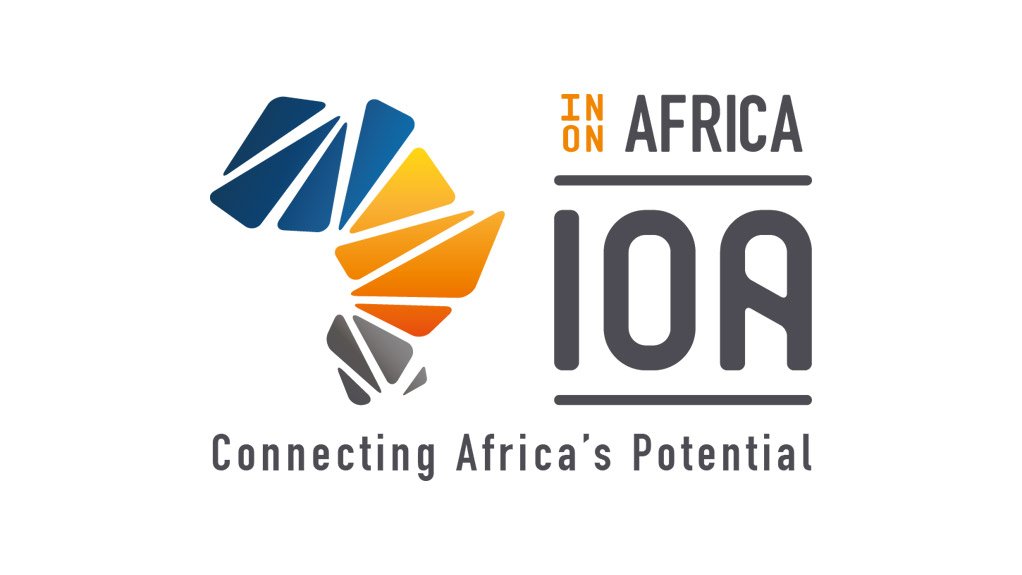Analysis in brief: China and India are leading efforts to shift African trade away from the US, following the imposition of Washington’s tariffs on African goods in 2025. Russia, too, is positioning itself to expand bilateral trade with the continent.
African trade links with China, India and Russia are not new. Each has been growing steadily since the BRICS trade bloc was established in 2009, an intergovernmental organisation comprising Brazil, India, China, Russia, and South Africa, among others. What is new in 2025 is the imposition of tariffs on African goods, reducing the continent’s access to US markets. There are exceptions because US manufacturers covet Africa’s natural resources like rare earth minerals. For the rest of Africa’s products, Washington’s tariffs range from 15% on Ghanaian goods to 30% on South African goods and 50% on Lesotho goods.
Lesotho is an example of a nation seeking to save its economy by looking East. Until 2025, nearly all of Lesotho’s exports went to the US, while the small nation imports few American goods. This unequal balance of trade led US President Donald Trump’s administration to impose the severely high tariffs to effectively block Lesotho exports. However, Washington designed that system of export dependence in 2000 as a way to lift Lesotho out of perennial poverty by granting the small nation special duty-free access to US markets. This allowed Lesotho to create a manufacturing sector, which has now collapsed and left tens of thousands of people without jobs.
In response to Washington’s tariffs, which have effectively severed trade ties, in 2025, African countries are choosing to follow the examples set by America’s European allies and North American neighbours: reducing their dependence on US trade and pursuing new trade alliances. Africa is turning to China and India as trade support and strengthening relations with Russia for future trade. With trade comes added diplomatic and military links with China and India. Simultaneously, there is renewed interest in a long sought-after goal of greater trade between African countries themselves.
China, India and Russia tie investment to trade
Confronted with 50% US-import tariff in August, India is increasingly turning to Africa as an export market. Bilateral trade has grown steadily since 2011, when it stood at US$68.5-billion, to 2024 when it reached US$83.34-billion. This growth made India Africa’s third-largest trading partner after the EU and China.
Indian banks and government financial institutions have become important financers of African development, as evidenced by India being Africa’s second-largest lender. Between 2010 and 2023, Indian businesses invested US$66-billion in Africa, with Egypt, Ethiopia, Ghana and Nigeria as the primary beneficiaries. By 2030, India aims to reach US$150-billion in investments across the continent. This goal appears increasingly attainable, given the surge of investment and trade talks between India and South Africa, as well as with East African countries, following the imposition of US tariffs.
Global trade is increasingly shaped by two poles: the US and BRICS. As BRICS’ economic leader, China is seeking to expand its trade with Africa. Although Africa accounts for less than 4% of global trade, one-third of this trade is with China. Recent US tariffs on African products give Beijing an opportunity to strengthen trade ties by offering tariff-free access for African goods. At present, Chinese tariffs are applied on a product-by-product basis, which can be quite high (23.2% for beverages and tobacco, and 24.5% for cereal grains). Like India, China plans to increase its investments in Africa, particularly in Morocco, Egypt and South Africa in order of investment size. Chinese exports to Africa are expected to surpass US$200-billion for the first time in 2025. At the same time, Beijing recognises that reciprocal access for African exports is essential. Without it, African manufacturers risk being undercut by cheap Chinese imports.
Data courtesy: IMF, Ministry of Commerce and Industry (Government of India), Confederation of Indian Industry, China State Council Information Office, Russia-Africa Summit, European Parliament, 2025
Russia is a third player in Africa’s trade realignment
Unlike China and India, Russia has not experienced immediate growth in bilateral trade with Africa in response to US sanctions. On the contrary, African countries that purchased Russian oil and other goods faced secondary sanctions from the West after they imposed sanctions when Russia invaded Ukraine. Nevertheless, Russia continues to invest in Africa’s energy sector, with major Russian oil companies active in the Gulf of Guinea and Mozambique. As a founding BRICS member, Moscow views African countries as partners, not competitors, and Africa has risen in Russia’s 2025 foreign policy priorities from 10th place to sixth, which appears to be a significant rise.
Despite this renewed focus, Russia’s economic presence in Africa remains limited relative to China, India, the EU and the US. Another problem is the lack of transparency in Russian-Africa trade, as transactions are often conducted in secret to avoid economic sanctions. Africa has become Russia’s leading supplier of gold, which Moscow uses to facilitate financial exchanges that bypass sanctions. While the scale of this trade is unclear, it is suspected to involve lucrative yet illicit practices, including bribery and corruption.
Until Russia’s broader international relations stabilise, many investments in Africa are likely to remain suspended. Nevertheless, Moscow’s growing interest in African natural resources is evident. While this is welcomed by African nations, the most reliable buffer against such external trade disruptions is strengthening intra-Africa trade.
The critical points:
- China and India have strengthened trade relations with Africa through BRICS. In light of heightened US trade tariffs, bilateral trade has become increasingly important and builds on existing investment ties
- Intra-Africa trade remains a critical pathway for economic development and resilience against global trade disruptions
- Trade ties often increase diplomatic and military relations, and BRICS countries are actively pursuing these with Africa
Written by In On Africa
EMAIL THIS ARTICLE SAVE THIS ARTICLE ARTICLE ENQUIRY FEEDBACK
To subscribe email subscriptions@creamermedia.co.za or click here
To advertise email advertising@creamermedia.co.za or click here











